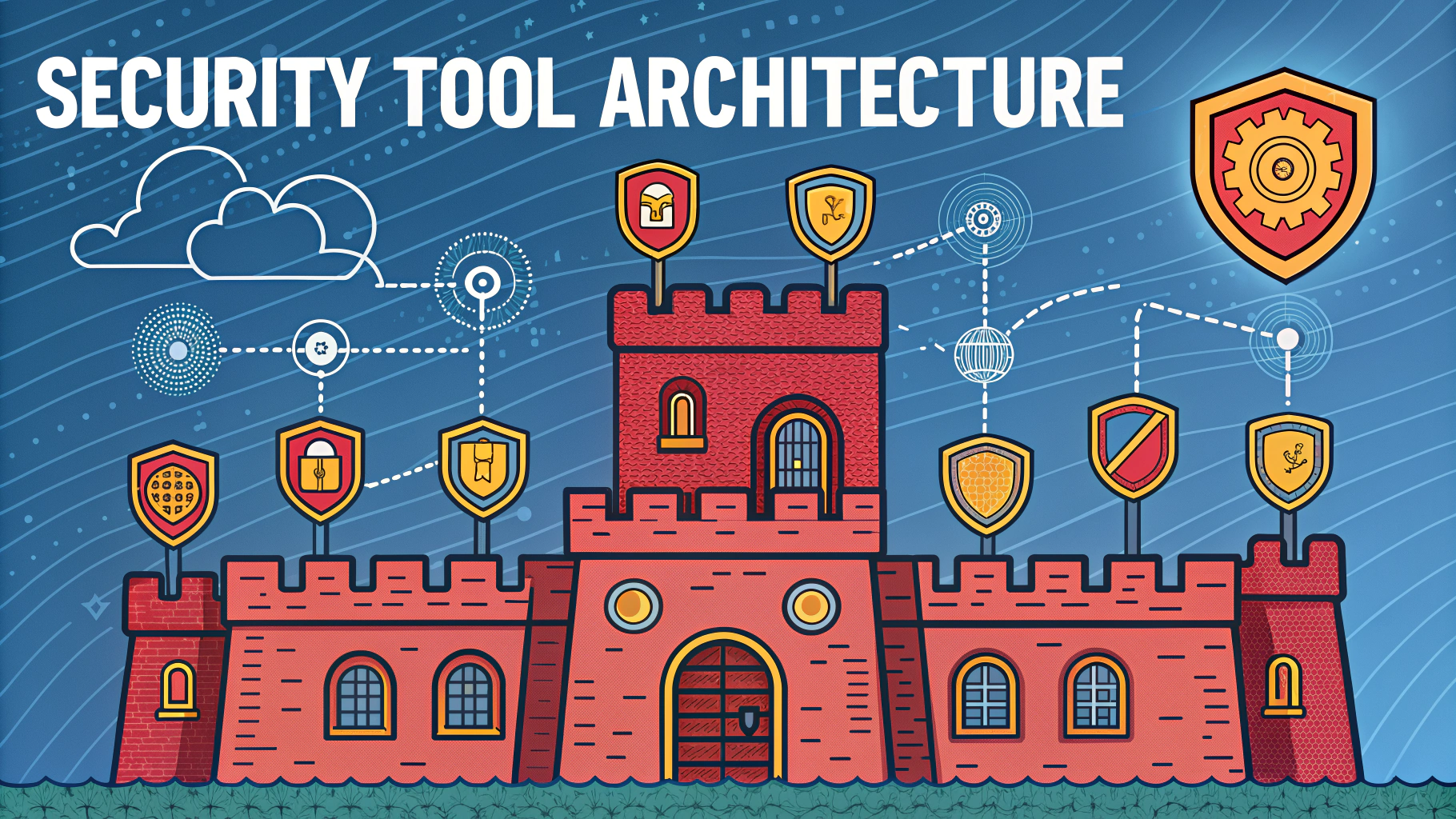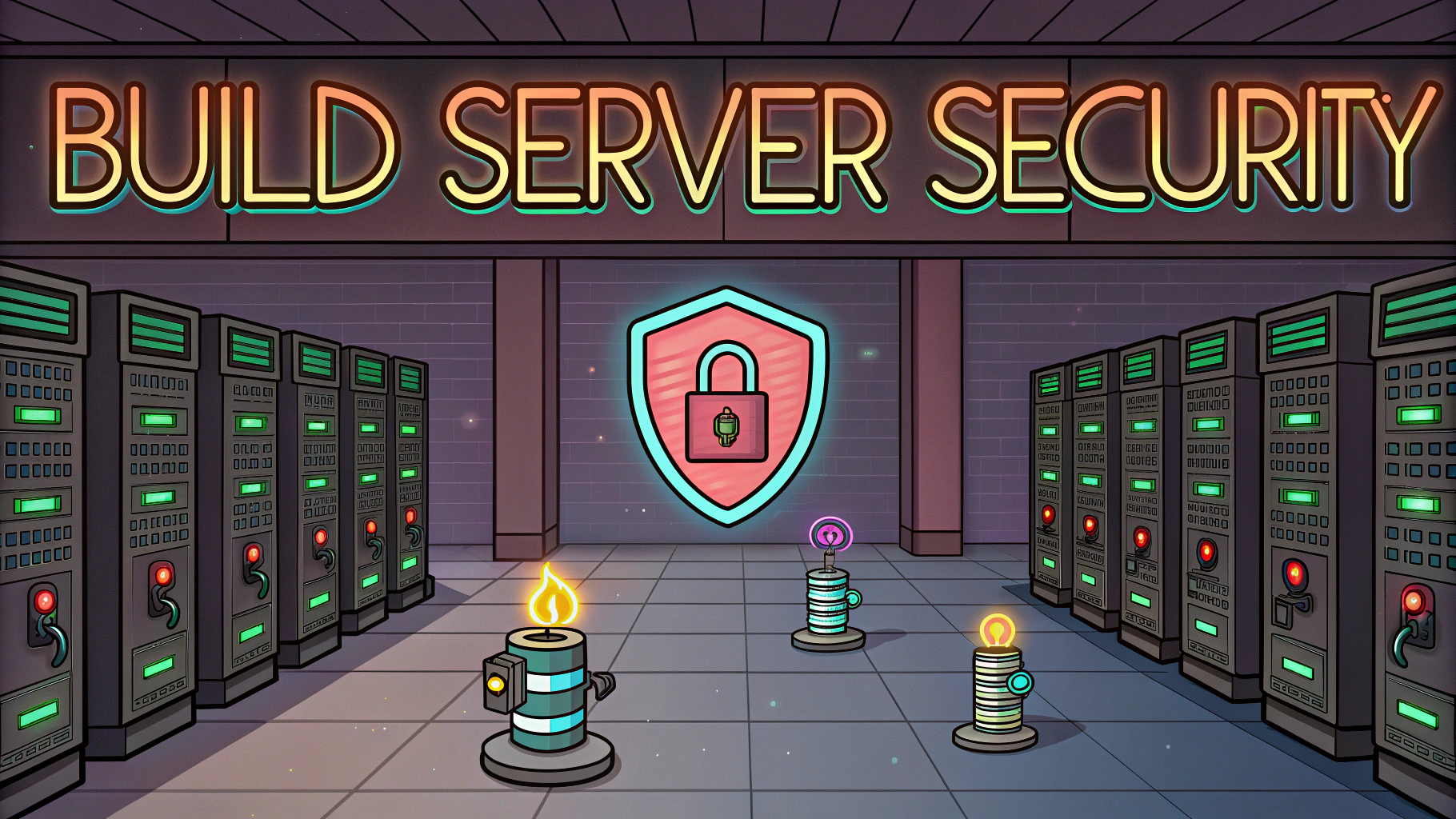Working in penetration testing presents two distinct career paths: contract work and full-time employment – each offering unique advantages for cybersecurity professionals.
The choice between contract and full-time penetration testing roles can significantly impact your career trajectory, earning potential, and work-life balance.
This quick guide breaks down the key differences to help you make an informed decision about which path aligns with your professional goals.
Contract Penetration Testing Work
Contract positions typically offer higher hourly rates, ranging from $100-250 per hour depending on expertise and location.
- More flexibility in project selection
- Higher potential earnings
- Varied experience across different organizations
- Freedom to set your own schedule
- Tax benefits through business expense deductions
Challenges of Contract Work
- Inconsistent income streams
- Self-funded benefits and insurance
- Managing business operations
- Finding consistent client work
- Handling multiple client relationships
Full-time Penetration Testing Positions
Full-time roles typically offer annual salaries ranging from $85,000 to $150,000+ based on experience and location.
- Stable, predictable income
- Company-provided benefits
- Structured career progression
- Mentorship opportunities
- Team collaboration
Common Full-time Benefits
- Health insurance
- Retirement plans (401k)
- Paid time off
- Professional development funding
- Certification reimbursement
Making Your Decision
| Consider This | Contract | Full-time |
|---|---|---|
| Experience Level | 5+ years recommended | Entry-level possible |
| Income Stability | Variable | Stable |
| Learning Curve | Steep | Gradual |
Tips for Success
Contract Success Tips
- Build a strong professional network
- Maintain updated certifications
- Create a business entity (LLC)
- Secure professional liability insurance
- Develop project management skills
Full-time Success Tips
- Focus on company-specific tools and methodologies
- Build internal relationships
- Document achievements for promotion opportunities
- Participate in team projects
- Align with organizational goals
Resources and Next Steps
Contact professional organizations for additional guidance:
- SANS Institute: www.sans.org
- OWASP: owasp.org
- ISC²: www.isc2.org
Career Growth Opportunities
Contract Path Development
- Opportunity to become an independent consultant
- Potential to build your own security firm
- Speaking engagements and training opportunities
- Building industry recognition
- Specialization in specific industries or technologies
Full-time Career Progression
- Management track opportunities
- Technical lead positions
- Internal training roles
- Security architecture positions
- Cross-departmental advancement
Industry Trends and Market Demand
The cybersecurity market continues to grow, with increasing demand for both contract and full-time penetration testers. Current trends indicate:
- Remote work opportunities expanding
- Increased focus on cloud security testing
- Growing demand in financial and healthcare sectors
- Rise in automated testing tools integration
- Emphasis on continuous security testing
Choosing Your Path Forward
Consider your current life stage, risk tolerance, and career goals when selecting between contract and full-time positions. Success in either path requires continuous learning, strong technical skills, and professional networking.
- Assess your financial stability needs
- Evaluate your experience level
- Consider your work-life balance preferences
- Review your long-term career objectives
- Examine your professional network strength
FAQs
- What are the main differences between contract and full-time penetration testing roles?
Contract roles typically offer higher hourly rates, more flexibility, shorter commitments, and diverse project exposure, while full-time positions provide stable income, benefits packages, consistent work environment, and career progression within one organization. - How does compensation compare between contract and full-time penetration testing positions?
Contract positions generally pay 20-40% higher hourly rates to offset lack of benefits, with rates ranging from $100-250/hour, while full-time positions typically offer $70,000-150,000 annual salary plus benefits like health insurance, PTO, and 401(k). - What job security differences exist between contract and full-time penetration testing roles?
Full-time positions offer greater job security with ongoing employment, while contract roles are typically project-based with defined end dates, requiring continuous networking and job hunting between contracts. - How does professional development differ between contract and full-time penetration testing positions?
Full-time roles often include paid training, certification support, and structured career paths, while contractors usually manage their own professional development and training expenses but gain diverse experience across multiple organizations. - What administrative responsibilities come with contract versus full-time penetration testing work?
Contractors must manage their own taxes, insurance, business expenses, and administrative tasks, while full-time employees have these handled by their employer’s HR and accounting departments. - How do work schedules compare between contract and full-time penetration testing positions?
Full-time roles typically follow standard 40-hour work weeks with set schedules, while contract positions may require flexible hours, travel, or project-based scheduling with varying intensity. - What are the typical length commitments for penetration testing contracts versus full-time positions?
Contracts commonly range from 3-12 months with possibility of extension, while full-time positions are indefinite with expectation of longer-term commitment, typically 2+ years. - How does team integration differ between contract and full-time penetration testing roles?
Full-time employees are typically more integrated into company culture and team dynamics, while contractors often work more independently or as temporary team members with limited involvement in company politics and social aspects. - What are the differences in client relationships between contract and full-time penetration testers?
Full-time pentesters usually work with the same client (their employer) continuously, while contractors interact with multiple clients and must regularly adapt to new organizational cultures and requirements. - How do benefits packages compare between contract and full-time penetration testing positions?
Full-time positions typically include comprehensive benefits (health insurance, retirement plans, paid time off, sick leave), while contractors must secure their own benefits or factor their cost into their hourly rates.







